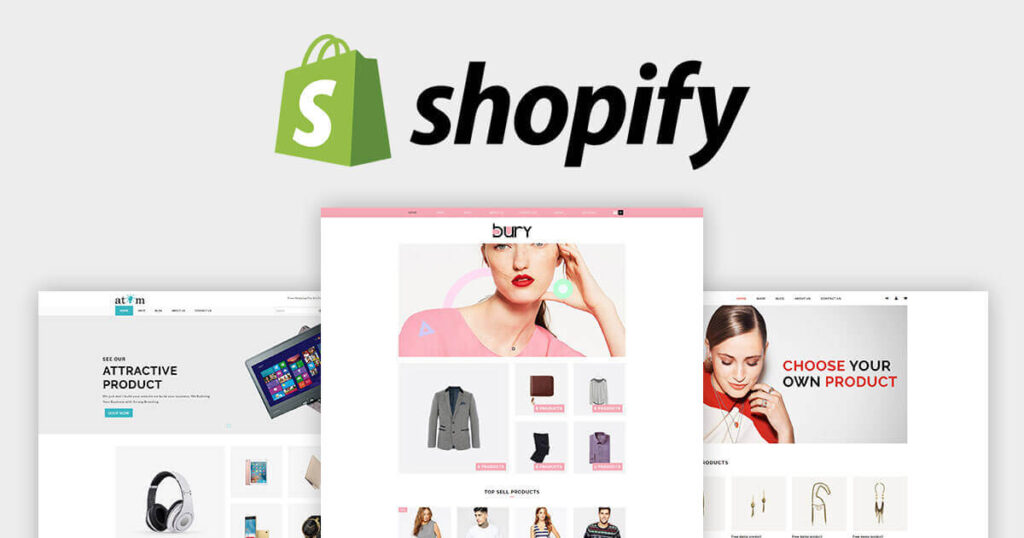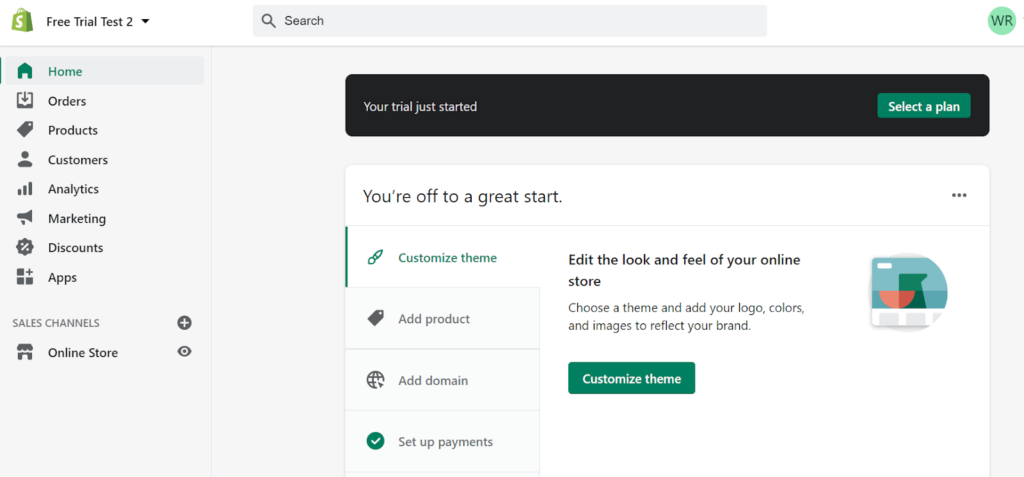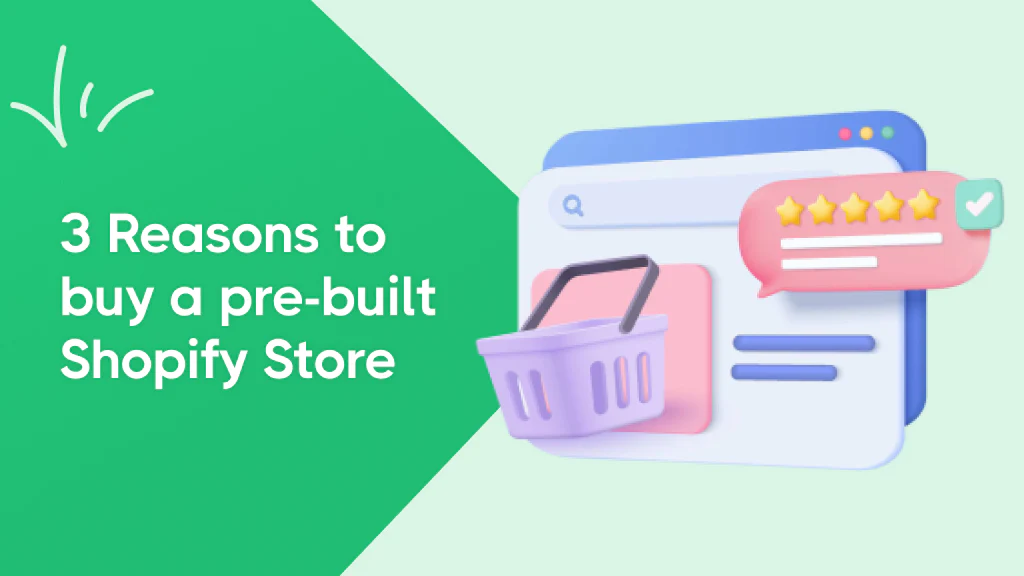Shopify Store
In the ever-evolving landscape of e-commerce, where customer engagement and retention are paramount, email marketing stands out as a powerful tool for Shopify store owners. Crafting an effective email marketing strategy can not only nurture leads but also foster lasting relationships with customers. In this comprehensive guide, we’ll delve into the art of email marketing, providing Shopify entrepreneurs with the knowledge and strategies needed to elevate their businesses.Shopify Website Marketing.

Understanding the Importance of Email Marketing
Email marketing is a direct and personal channel of communication between businesses and their audience. Unlike social media or other platforms where algorithms control visibility, emails land directly in a subscriber’s inbox. For Shopify store owners, this represents a unique opportunity to connect with customers on a one-on-one basis, delivering personalized content and promotions.
Building and Segmenting Your Email List
The foundation of a successful email marketing campaign is a robust and well-segmented email list. Start by collecting email addresses through your Shopify store using pop-ups, signup forms, and incentives. Once you’ve amassed a list, segment it based on various criteria such as demographics, purchase history, or engagement level.
- New Subscribers: Welcome new subscribers with a series of onboarding emails, introducing them to your brand, values, and product offerings.
- Customer Segmentation: Tailor your emails to specific customer segments based on their previous purchases. Recommend related products or offer exclusive discounts to encourage repeat business.
- Engagement Levels: Identify inactive subscribers and re-engage them with targeted campaigns, such as special offers or content that aligns with their interests.
Crafting Compelling Email Content
The success of your email marketing efforts hinges on the quality and relevance of your content. Here are key types of emails to incorporate into your strategy:
- Promotional Emails: Highlight sales, discounts, and exclusive promotions to incentivize purchases.
- Educational Content: Provide valuable information related to your products, industry trends, or how-to guides. Establish your brand as an authority in your niche.
- Newsletters: Regularly update subscribers with curated content, product launches, and company updates. Keep them engaged and informed.
- Abandoned Cart Emails: Remind customers about items left in their cart and encourage them to complete their purchase.
Designing Visually Appealing Emails
The visual appeal of your emails plays a crucial role in capturing your audience’s attention. Follow these design principles:
- Mobile Responsiveness: Ensure that your emails are optimized for mobile devices, as a significant portion of users access their emails on smartphones.
- Clear Call-to-Action (CTA): Every email should have a clear and compelling CTA that directs recipients to take the desired action, whether it’s making a purchase or exploring a new collection.
- Branded Aesthetics: Maintain a consistent brand identity through colors, fonts, and imagery to reinforce brand recognition.
Automation: Streamlining Your Email Campaigns
Automation is the backbone of a successful email marketing strategy for Shopify store owners. Leverage automation tools to set up workflows for various scenarios:
- Welcome Series: Greet new subscribers with a series of automated emails introducing them to your brand and encouraging them to explore your products.
- Drip Campaigns: Nurture leads through a series of emails that progressively provide more information about your products, benefits, and unique selling propositions.
- Win-Back Campaigns: Automatically target inactive subscribers with special offers or incentives to re-engage them.

Personalization: Connecting on a Personal Level
Personalization is the key to standing out in crowded inboxes. Utilize customer data to tailor your emails:
- Personalized Recommendations: Recommend products based on a customer’s purchase history or browsing behavior.
- Dynamic Content: Customize content blocks within your emails to showcase different products or offers based on customer preferences.
- Personalized Subject Lines: Increase open rates by using personalized subject lines that resonate with individual subscribers.
Measuring Success: Key Metrics and Analytics
To gauge the effectiveness of your email marketing efforts, track key metrics:
- Open Rate: Measure how many recipients open your emails.
- Click-Through Rate (CTR): Evaluate the percentage of people who click on links within your emails.
- Conversion Rate: Track how many recipients complete the desired action, such as making a purchase.
- Subscriber Growth: Monitor the growth of your email list over time.
Compliance and Best Practices
Adhering to email marketing best practices is crucial for maintaining a positive sender reputation and ensuring compliance with regulations such as GDPR and CAN-SPAM. Obtain explicit consent from subscribers, provide easy opt-out options, and regularly update your email list to remove inactive or unengaged users.
Conclusion: Elevating Your Shopify Business with Email Marketing
In the dynamic world of e-commerce, email marketing remains a cornerstone for Shopify store owners looking to build lasting relationships with customers. By understanding the intricacies of list building, segmentation, content creation, design principles, automation, and personalization, you can unlock the full potential of email marketing for your business. As you implement and refine your strategy, closely monitor metrics to continually optimize and enhance the impact of your email campaigns. The art of email marketing is a dynamic and evolving journey that, when mastered, can propel your Shopify business to new heights of success.


